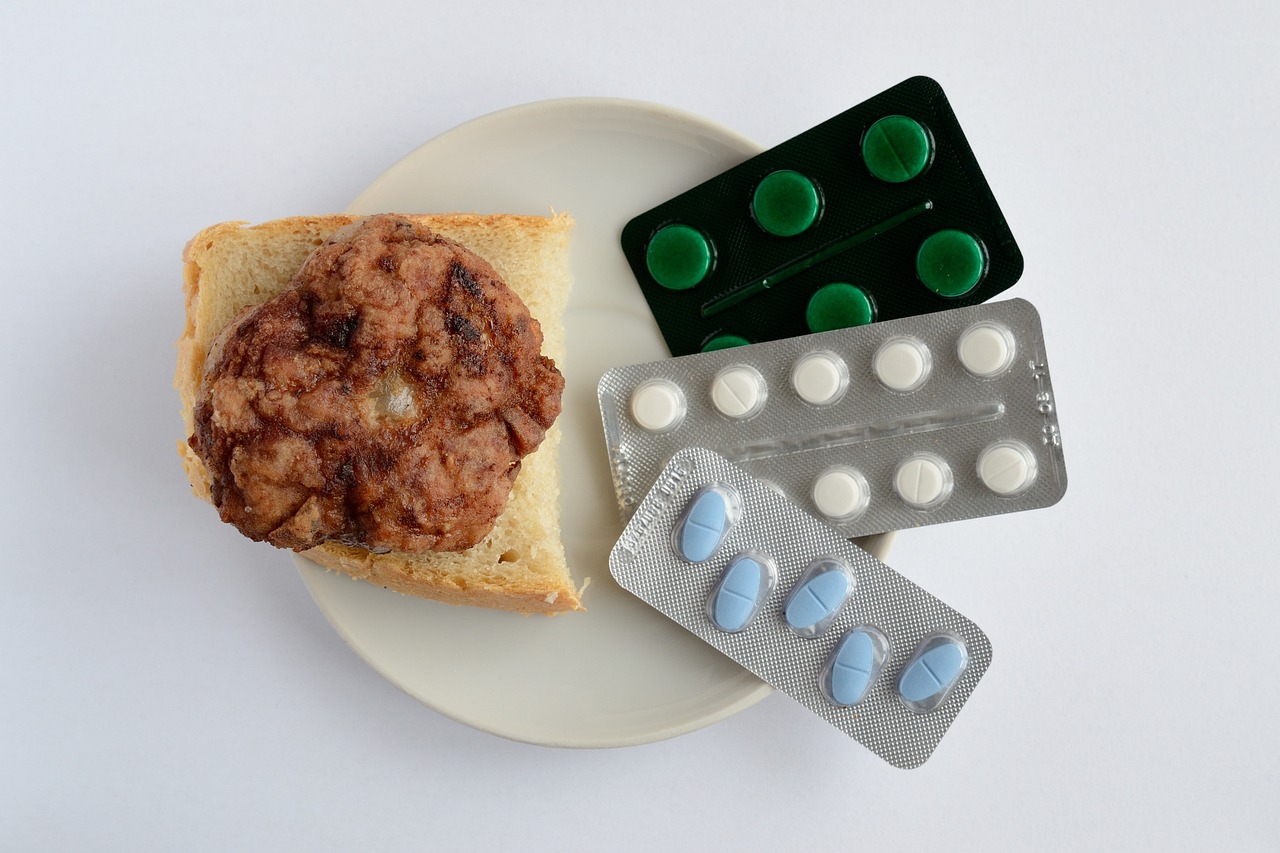Biotech
Anti-Obesity Drugs: the New ‘Holy Grail’ of the Industry
The demand for products indicated against diabetes has increased. Large groups in the sector announced new investment plans to grow in this segment. However, not everything is bright about anti-obesity drugs. In July 2023, the European Medicines Agency investigated the alleged relationship between the drugs Ozempic and Saxenda in suicidal behavior and thoughts.

In the last year, the name of two medications (anti-obesity drugs) has begun to become popular among citizens: Ozempic and Wegovy. The main interest has been aroused in countries such as the United States, Brazil or Canada, although it has quickly spread throughout the world.
They are drugs created to treat diabetes, but have also been approved and indicated against overweight and obesity. This is a new holy grail for the pharmaceutical industry, which in the case of the Danish company Novo Nordisk can bring in revenues of up to $100 billion in a decade, according to different analysts.
Drugs aimed at controlling sugar levels in diabetics began to show that they reduced the appetite of patients who took them. This circumstance has been understood as a great opportunity within the industry. Novo Nordisk and Eli Lilly are the first multinationals to take positions on the matter.
Read more about anti-obesity drugs and find the latest business news of the day with the Born2Invest mobile app.
Novo Nordisk, a pioneer in anti-obesity drugs
In July 2021, the United States Food and Drug Administration (FDA) approved the marketing of the solution owned by the Danish pharmaceutical company Wegovy in the United States. In a market that had one hundred million potential consumers , the drug soon spread throughout the country.
Novo Nordisk’s drug has not stopped growing, launching in markets such as Denmark, Norway, Germany, the United Kingdom and Iceland. In fact, sales of the drug have almost sixfolded during the first nine months of 2023 compared to the same period of the previous year, adding sales of 21.73 billion Danish crowns (2.91 billion euros) and contributing 35.2% of the total profit. of the Danish pharmaceutical company, which was 61.72 billion Danish crowns (8.27 billion euros). The multinational also has other anti-obesity drugs, such as Ozempic and Saxenda.
Not everything is bright in these drugs. In July 2023, the European Medicines Agency (EMA) investigated the alleged relationship between the drugs Ozempic and Saxenda in suicidal behavior and thoughts, which was joined by the Spanish Agency for Medicines and Health Products (Aemps).
Regulatory entities warn that these products must be used by people who are overweight and should not be used by those who have a healthy body mass index. From the pharmaceutical side , they explain their commitment to the growing unmet need of people who live with obesity and increasingly demand these medications.
Such is the interest that Novo Nordisk will invest 2.1 billion euros in the expansion of the Chartes plant (Paris), while it will allocate 5.63 billion euros in the expansion of its facilities in Kalundborg (Denmark) to meet the demand for anti-obesity products.
Eli Lilly wants a piece of the pie
The weight loss drug fever continues with Eli Lilly. The American pharmaceutical company has a medication called Zepbound that is indicated for obese or overweight patients who suffer from complications such as hypertension, type 2 diabetes, dyslipidemia, obstructive sleep apnea or cardiovascular diseases.
In fact, this drug was previously approved under the brand name Mounjaro for use in the treatment of type 2 diabetes. In practice it was already prescribed to combat obesity, although not all insurance companies paid for it as it was not authorized for such indication.
The commitment to these blockbuster drugs by Eli Lilly also translates into the construction of a new manufacturing center in Germany, whose investment amounts to 2.5 billion dollars and which will be fully operational in 2027. The operation responds to the need to expand its manufacturing network for devices and injectable products to meet the increased demand for its medicines, especially its portfolio of solutions against diabetes and obesity. Eli Lilly increased its revenue by 17% in the first nine months of the year, boosted by its anti-diabetes drugs Mounjaro, Verzenio, Jardiance and Taltz .
Astrazeneca and Pfizer ride the wave
The giant Pfizer has arrived somewhat later in the commitment to anti-obesity drugs than its rivals, but it has an ace up its sleeve: the format. While the remedies offered by its consumers are injections, the American company is researching to be able to offer its medicine in pill form.
AstraZeneca, for its part, will invest more than 2 billion euros to bring to market a molecule that is still in the early stages of development . The multinational has reached an agreement with Eccogene to acquire the rights to market the treatment, which also shows potential for other pathologies.
__
(Featured image by FreePhotosART via Pixabay)
DISCLAIMER: This article was written by a third party contributor and does not reflect the opinion of Born2Invest, its management, staff or its associates. Please review our disclaimer for more information.
This article may include forward-looking statements. These forward-looking statements generally are identified by the words “believe,” “project,” “estimate,” “become,” “plan,” “will,” and similar expressions. These forward-looking statements involve known and unknown risks as well as uncertainties, including those discussed in the following cautionary statements and elsewhere in this article and on this site. Although the Company may believe that its expectations are based on reasonable assumptions, the actual results that the Company may achieve may differ materially from any forward-looking statements, which reflect the opinions of the management of the Company only as of the date hereof. Additionally, please make sure to read these important disclosures.
First published in PlantaDoce. A third-party contributor translated and adapted the article from the original. In case of discrepancy, the original will prevail.
Although we made reasonable efforts to provide accurate translations, some parts may be incorrect. Born2Invest assumes no responsibility for errors, omissions or ambiguities in the translations provided on this website. Any person or entity relying on translated content does so at their own risk. Born2Invest is not responsible for losses caused by such reliance on the accuracy or reliability of translated information. If you wish to report an error or inaccuracy in the translation, we encourage you to contact us.

-

 Markets2 weeks ago
Markets2 weeks agoMarkets, Jobs, and Precious Metals Show Volatility Amid Uncertainty
-

 Crypto3 days ago
Crypto3 days agoEthereum Outlook: Key $2,190 Resistance, Whale Accumulation, and Buterin’s Push for True DeFi
-

 Cannabis1 week ago
Cannabis1 week agoAI Can Mimic Psychedelic Experiences but Cannot Truly Feel Them, Study Warns
-

 Crowdfunding6 days ago
Crowdfunding6 days agoBSG Stahl Riesa Launches Crowdfunding for New Floodlights

























